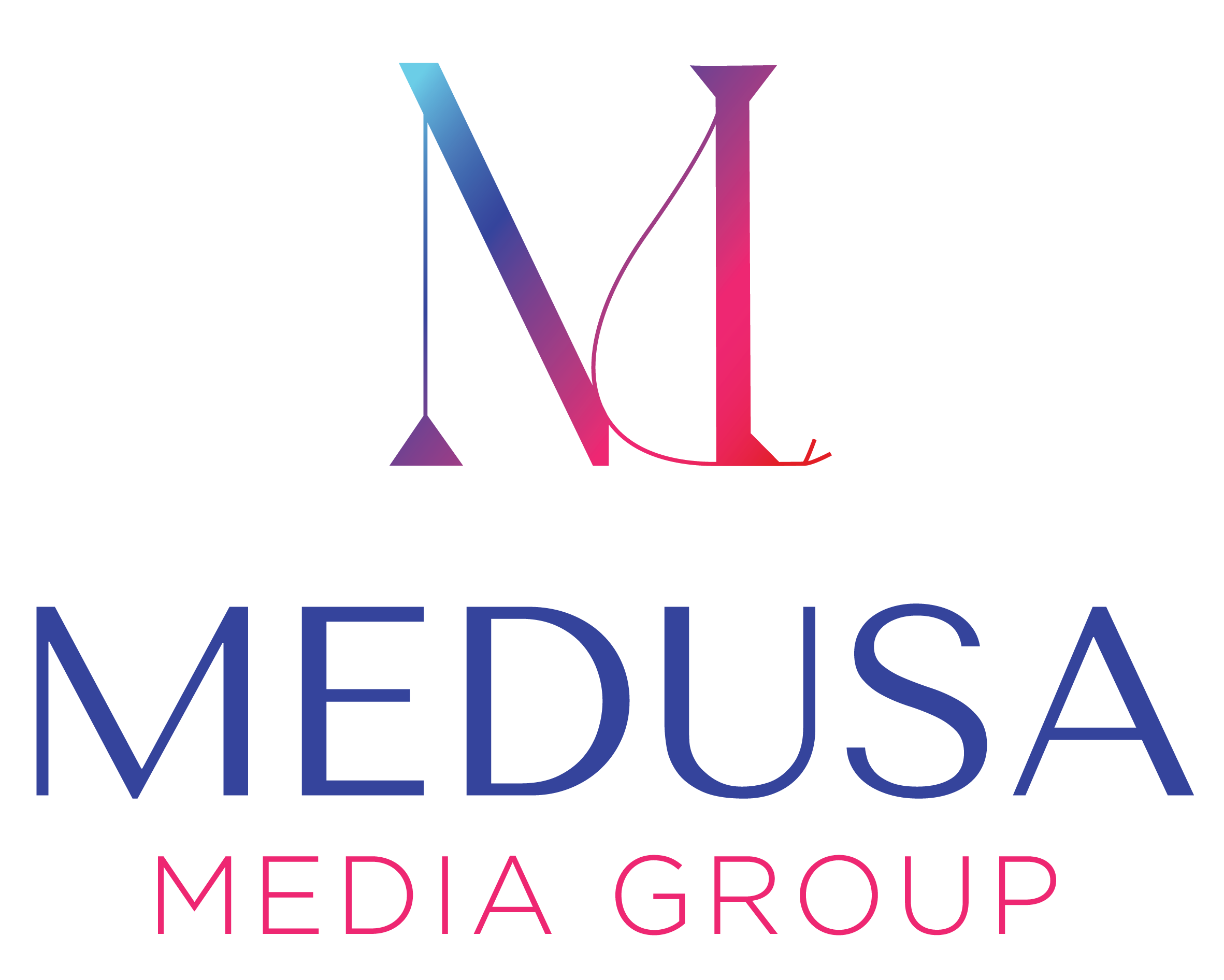
My client Chana has a deep-seated belief that people should be modest.
She is an avid learner and a deep thinker, and she’s entering a new level of leadership, influence and visibility as a coach and trainer. She’s teaching her hybrid physical therapy model so other PTs can help more patients, make more money, find more ease, and thrive in pandemic times and beyond.
As a leader, Chana must create thought leadership. She has people to serve, insight to teach, statements to make. Communicating with her people is critical to making her impact.
But identifying as a thought leader makes her modesty cringe. Amplifying her influence takes bold, visible moves. Can thought leaders BE modest? Can she strike the ‘I’m here to help’ chord without ringing the ‘look at me, I’m the best’ bell?
Can you embrace authority without being authoritarian?
Authority Ambivalence
Many women thought leadership feel ambivalent about authority: yes, you’re a leader. You help people. You want to help as many people as you can. AND YET… you don’t want to put yourself on a pedestal.
It’s not that you doubt your authority (maybe you do, but imposter syndrome is beyond the scope of this article) but that positioning yourself as THE authority seems… heavy-handed.
The problem is a fundamental discomfort with and misunderstanding of authority.
Why Authority Feels Unsafe, Awkward, and Wrong
It’s not your fault. There’s nothing wrong with you. Of course you’re uncomfortable with authority:
- An international study found that this myth prevails: “[g]irls are vulnerable and weak, while boys are strong and independent.” Girls also “[f]rom about the time they enter puberty, they learn their primary asset is their body and that it must be kept safe. Failure to do so, girls learn, is their own fault.”
- No wonder if you have visceral feelings about modesty. Being an authority subjects you to the public eye, which could trigger you to feel unsafe.
- Studies show there is a persistent gender gap in self-promotion, with women evaluating our performance less favorably than men (even if we evaluate our self-confidence equally).
- No wonder you have mixed feelings about promoting your own authority.
- There are fewer than 100 women rulers before the first century CE listed on Wikipedia. Wikipedia is not exhaustive and there may be legions of women rulers beyond recorded history, but still: that’s a tiny number.
- No wonder authority doesn’t feel natural. We’ve seen a microscopic fraction of bodies that look like ours occupying authoritative roles.
Authority needs a rebrand. When you understand authority in a new way, discomfort falls away and commitment takes its place.
Women thought leaders are at the forefront of flipping authority from its tired, old, patriarchal model to a new one grounded in support, mutuality, and benefit.
Supportive, Mutual, and Beneficial Authority
It goes like this:
An effective, magnetic, authoritative thought leader is not THE BEST but helps everyone think, lead, and be better.
Do you feel the difference?
I am the best versus Let’s all be better.
The first puts you on a pedestal. The second is a rising tide that lifts all boats, helping everyone benefit. Rather than ‘look at what I know and how great I am,’ it’s ‘look at this idea that can help you think better, lead better, and do better.’
To be clear, you may still be the best. I’m not discouraging women from being preeminent and leading authorities in our fields. The difference is in WHY you’re the best: being the best at your work means you can help others be better.
Authority ≠ power over. That’s a patriarchal model predicated on hierarchy.
Authority = power to. That’s a supportive model predicated on mutual benefit.
You don’t write or speak to hear yourself talk but to help others be better. Your thought leadership informs, inspires, and leads. Your authority is not a spotlight but a lighthouse.
As for modesty… does it mean anything? What’s modesty when you have people to help?
How to Embrace Authority as a Thought Leader
I often hear the question, how do I embrace authority in my thought leadership? How do I connect effectively so I can help more people? It’s a great question, and I created a short, free email course with the answers. The 5 Pillars of Magnetic Thought Leadership divulges what your thought leadership needs to be a lighthouse to the people who are ready for your guidance. It will give you the elements your thought leadership needs to attract the people who are ready to work with you.
The 5 Pillars of Magnetic Thought Leadership.
It’s free, it’s 5 lessons, and it’s got exercises, examples, and insights to make your thought leadership as magnetic.
Click here to join the free email course, 5magneticpillars.com.
Image by Christina of WOC in Tech. Learn more about Chana and her remarkable work here. Sources:
- Emily Peck, Around The World, Girls Are Taught The Same Limiting Lesson, September 2017.
- Christine L. Exley & Judd B. Kessler, The Gender Gap in Self-Promotion, October 2019.
- Wikipedia, Category:Ancient women rulers by century, last edited October 2020 at the time I wrote this article.





